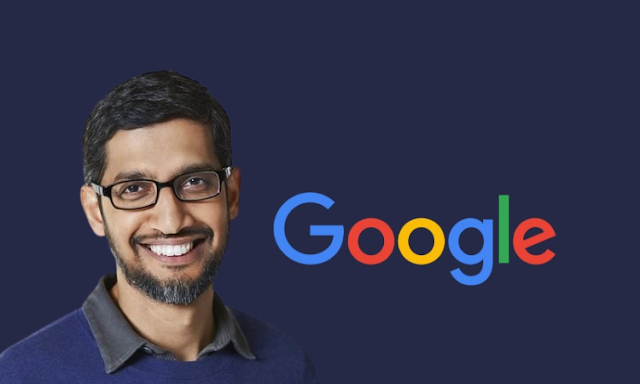Google to work with Europe on stop-gap ‘AI Pact’
Global leaders are creating a voluntary pact while working on enforceable regulations because generative AI is advancing quickly.
Governments worldwide are taking action in response to generative AI's potential to cause enormous disruption. According to Reuters, Thierry Breton, the European Commission's (EC) 's industry chief, said on Wednesday that the organization would collaborate with Alphabet to develop a voluntary agreement to set guidelines for artificial intelligence. To discuss the agreement, which will involve input from businesses based in Europe and other regions, Breton met with Google CEO Sundar Pichai in Brussels. The EU has a history of enacting stringent technology regulations, so the alliance offers Google the chance to contribute ideas while avoiding potential issues in the future.
The compact aims to establish guidelines before official legislation, such as the EU's proposed AI Act, which will take much longer to develop and enact. In a statement, Breton said, "Sundar and I agreed that we could not wait until AI regulation became applicable and that we must work with all AI developers to develop an AI pact voluntarily before the legal deadline. He urged legislators and EU member states to agree on details by the end of the year.
Similarly, EU technology commissioner Margrethe Vestager declared on Tuesday that the union would collaborate with the US to develop minimum AI standards. By the end of 2023, she hopes that EU legislators and governments will "agree to a common text" for regulation. That would still take one or two years to take effect, so she explained that we would need a bridge to get us through that time. The EU is concerned about governance, disinformation, copyright, and transparency.
After its November launch, OpenAI's ChatGPT, the service most closely associated with AI apprehensions, exploded in popularity on its way to becoming the fastest-growing application ever (despite not having an official mobile app until this month). Unfortunately, despite its ability to go viral, there are real concerns about how it might change society. In addition, speech cloners can mimic the voices of well-known actors and artists, and image generators can create AI-generated "photos" that are getting harder to distinguish from actual photographs. As video generators advance, deepfakes will become an even bigger problem.
Generic AI can endanger the livelihoods of numerous content producers while posing new security and privacy risks and spreading false or misleading information, despite its undeniable potential for creativity and productivity. When left unchecked, corporations often prioritize profits over human costs, and generative AI is a tool that, when used by bad actors, has the potential to cause unimaginable global destruction. "There is a shared sense of urgency. According to Vestager, guard rails are necessary to make the most of this technology. Let's talk about what businesses should do before legislation takes effect.



Comments
Post a Comment